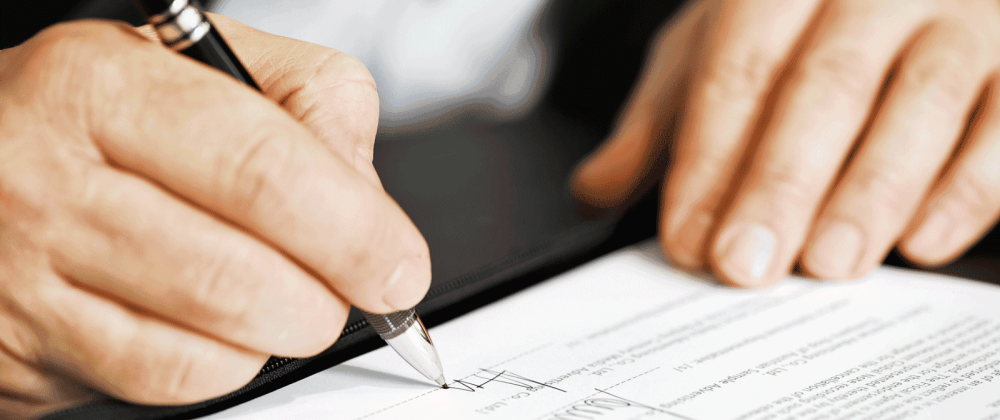Legalization of your signature at the municipality
The form you filled in 'proof of guarantee and/or private accommodation' must be presented to the municipality for legalization of your signature.
NB! In case of a guarantee, the signature of your partner must also be legalized at the municipality.
If you use this form for the arrival of a person who does not require a visa, you do not have to present the form to the municipality for legalization of your signature.
Legalization signature at the municipality
Legalization of a signature means that an official on behalf of the mayor declares that your signature on a certain document is 'genuine'. He or she compares it with the signature on your ID. With the signature you will receive a stamp with date. By legalization, the municipality declares that a signature has been placed on a document by the person who had to sign the document.
Legalization of the signature says nothing about the correctness of the contents of the document; only about the authenticity of the signature.
For the legalization of your signature of the form 'proof of guarantee and/or private accommodation' make an appointment at the municipality in your place of residence. You have to legalize a signature yourself. You cannot have this done by someone else.
Pack
- Your ID
- The not yet signed document whose signature must be legalized.
- Debit card or cash to pay the fees (costs).
There are costs associated with the legalization of your signature by the municipality, which differ per municipality, which varies between € 9 and € 20. Check with your municipality for the exact amount.
Validity legalized signature
A legalized signature is usually valid for a maximum of 3 months. However, there is a caveat. The period of validity of the legalization of a 'Proof of guarantee/accommodation provision' is not laid down by law. Not all embassies and consulates use the same validity period. Therefore, always ask the relevant Dutch representation for the most up-to-date information. You do not need to have the form legalized again in the event of an objection procedure.






